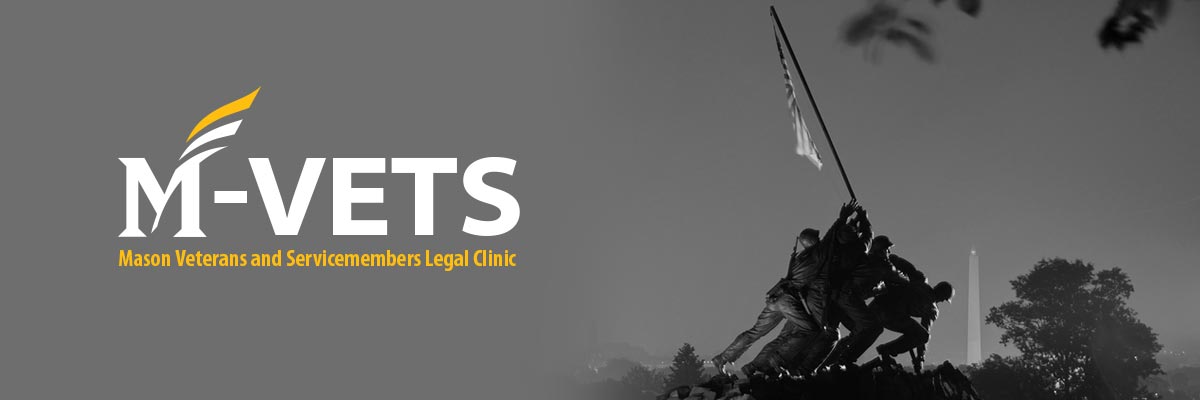
By Fall 2019 M-VETS Student-Advisor Allison Hemmer
The number of homeless veterans has steadily declined, with the most recent Point-In-Time (PIT) Count conducted by the VA showing that the rate of homelessness in veterans has dropped 50 percent since 2011.[1] In addition, the PIT count showed a 2.1 percent decrease since the 2018 PIT.[2] This comes to about 37,000 fewer homeless veterans in 2019 than in 2018.[3] Also during this time period, the amount of funding for mental health programs has increased.[4]
For the fiscal year 2019, the Department of Veteran’s Affairs received a budget of $86.5 billion, with $8.6 billion of that being allocated to various mental health programs.[5] The relationship between homelessness and mental illness is complicated – but studies show that there is a relationship between the two and shows why the increase in funding of mental health programs has led to a decline in veteran homelessness.
United States Homelessness Statistics
In 2014, at minimum, 25 percent of the homeless on the street on any given night, about 140,000 individuals, are seriously mentally ill.[6] Additionally, 45 percent of the homeless on the street, about 250,000 individuals, suffer from any mental illness.[7]
While these numbers are not limited to veterans, mental illness is also a factor in the rate of veteran homelessness. 20 percent of veterans who have returned from Iraq or Afghanistan suffer from post-traumatic stress disorder or major depressive disorder.[8] In addition, 19.5 percent of those who suffer from either post-traumatic stress disorder or major depressive disorder also suffered from a traumatic brain injury in service.[9]
VA Mental Health Programs
Many veterans will not seek out mental health assistance due to the stigma, or they fear that it will limit future opportunities for them.[10] Only able 50 percent of the veterans who are suffering from mental illness and who are in need of assistance seek out mental health treatment.[11] Another major mental health issue plaguing veterans is suicide. The VA has reported that there are approximately 22 veterans who commit suicide every day.[12] Suicide among veterans has been a focus of the VA in their funding of mental health programs, with $222 million of the budget being spent on suicide prevention programs.[13]
Increased Funding Correlated with Decrease in Veteran Homelessness
The VA has recognized a need for increased mental health funding, and in the fiscal year 2019, the VA increased funding for programs by $426 million from the fiscal year 2018 budget.[14] During this time period, there was a 50 percent decrease in the number of homeless veterans.[15] This correlation does not seem to be a coincidence.
Considering 45 percent of those who are homeless suffer from any kind of mental illness, and less than 50 percent of veterans who are suffering from mental illness seek treatment, a considerable number of veterans who are homeless are suffering from an untreated mental illness. Treating these mental illnesses are helping to lower the number of homeless veterans.
One of the programs added through increased funding is the capability for veterans to walk into VA hospitals to seek emergency mental health assistance.[16] In addition, if any VA hospital does not have 24-hour mental health care is required to provide these services through a local, non-VA hospital.[17]
The Continued Need for Increased Funding
While there have been strides taken to increase mental health funding for veterans, and the rate of homelessness in veterans has been on a decline, there is still more work to be done. Even though there has been an increase in the availability of mental health assistance, 14.6 percent of homeless veterans come from institutional settings such as mental health institutions.[18] To fully support mentally ill veterans and ensure they do not fall back into homelessness, programs should be put into place that helps veterans re-enter societ
[1] Homeless Veterans, Department of Veteran’s Affairs, https://www.va.gov/HOMELESS/pit_count.asp.
[2] Id.
[3] Catie Perry, As Veterans Affairs Mental Health Services Increase, Veteran Homelessness Decreases, Fox Business, https://www.foxbusiness.com/money/as-veterans-affairs-mental-health-services-increase-veteran-homelessness-decreases.
[4] Id.
[5] Id.
[6] 250,000 mentally Ill are Homeless. 140,000 seriously mentally Ill are Homeless, Mental Illness Policy Org., https://mentalillnesspolicy.org/consequences/homeless-mentally-ill.html.
[7] Id.
[8] Troubling Veteran Mental Health Facts and Statistics that Need to be Addressed, National Veterans Foundation, https://nvf.org/veteran-mental-health-facts-statistics/.
[9] Id.
[10] Veteran’s Focus Areas, Robert R. McCormick Foundation, https://donate.mccormickfoundation.org/veterans/focus-areas.
[11] Troubling Veteran Mental Health Facts and Statistics that Need to be Addressed, National Veterans Foundation, https://nvf.org/veteran-mental-health-facts-statistics/.
[12] Veterans, The National Council for Behavioral Health, https://www.thenationalcouncil.org/topics/veterans/.
[13] VA strengthens care and benefits for Veterans with $220 billion budget, Veterans Affairs, https://www.va.gov/budget/docs/summary/fy2020VAsBudgetPressRelease.pdf.
[14] Id.
[15] Homeless Veterans, Department of Veteran’s Affairs, https://www.va.gov/HOMELESS/pit_count.asp.
[16] Catie Perry, As Veterans Affairs Mental Health Services Increase, Veteran Homelessness Decreases, Fox Business, https://www.foxbusiness.com/money/as-veterans-affairs-mental-health-services-increase-veteran-homelessness-decreases.
[17] About VA Mental Health, U.S. Department of Veterans Affairs, https://www.mentalhealth.va.gov/mentalhealth/about/index.asp.
[18] Homelessness in America: Focus on Veterans, United States Interagency Council on Homelessness, https://www.usich.gov/resources/uploads/asset_library/Homelessness_in_America._Focus_on_Veterans.pdf.

